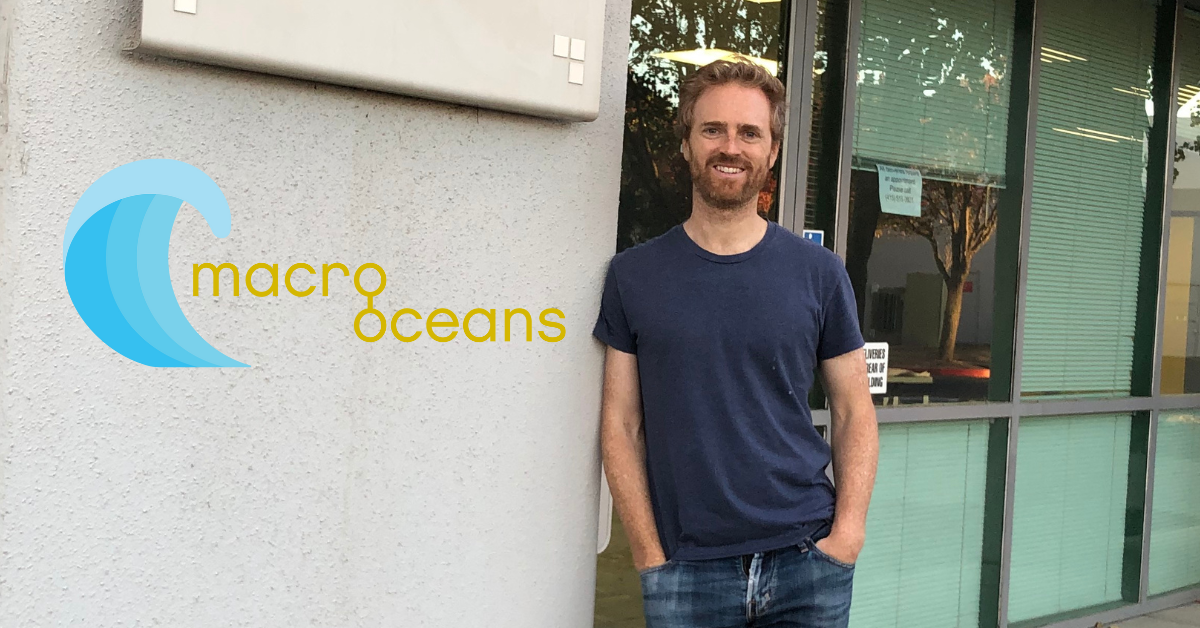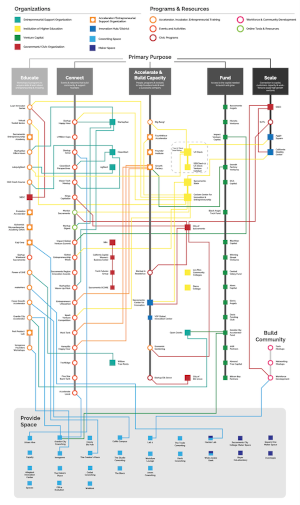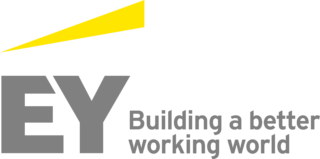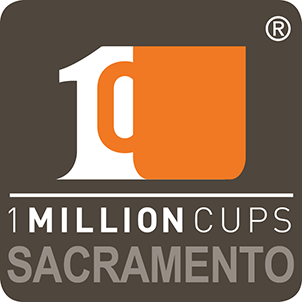West Sacramento-based Macro Oceans is making waves with its innovative approach to seaweed biotechnology. The company just announced the completion of the first phase of its pilot facility, which marks a significant milestone in its mission to explore the potential of seaweed in creating low-carbon chemicals for a sustainable future. We asked Macro Oceans founder and CEO, Matthew Perkins, to tell us more about his trailblazing company.
Tell us about Macro Oceans – what do you do?
Matthew: Macro Oceans uses next generation technology to make low carbon products from seaweed. We process seaweed to make key ingredients for cosmetics, food, and regenerative materials like biobased plastics.
The vision for the company began in 2020 as I was researching how to make a contribution to the climate crisis. My background is in agriculture, so I know how hard corn farming can be on the environment and I wanted to do something to help. I was researching seaweed and its environmental benefits when I came across a compositional analysis of sugar kelp. It’s very similar to field corn, roughly 60% carbohydrates, 10% protein and 10% lipids. To us, it seemed intuitive that kelp should be the new corn – sustainable, low carbon and compositionally useful. That’s when I started looking closely at how we might contribute to scaling up the industry.
Back of the envelope arithmetic shows that replacing 33% of the U.S. corn crop with kelp would eliminate ~46m mt of carbon emission every year, equivalent to taking ~10m cars off the road. And this is before we add in the impact of displacing petroleum-based products. So there’s real potential for impact here.
From there, we began designing technology from first principles. Our process avoids drying or washing the seaweed to save energy and water. We have developed an alternative preservation technique to store wet kelp at room temperature for up to 12 months. This “primary processing” stabilization step allows us to reduce the size (and capex) of our biorefinery as we can now run it 300+ days per year. And we targeted a multi-product approach to allow us to create multiple products with zero waste.
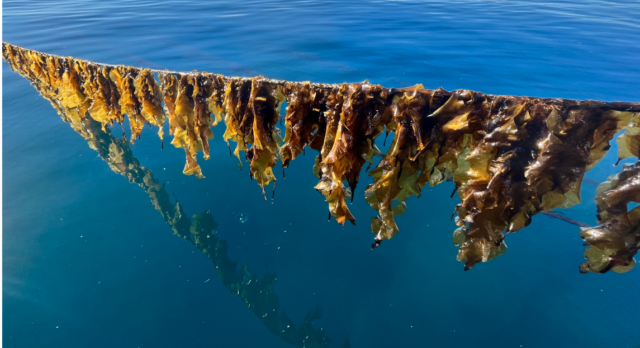
Tell us about some of the progress you’ve made to date.
Matthew: This week we’re excited to make three announcements. The first is that we’ve completed our pilot scale manufacturing capability, meaning that we’re actually making commercial products at a small scale. The second is a set of launch partnerships in the regenerative materials and cosmetics industries. We’re working with Sway, a manufacturer of seaweed-based compostable packaging to commercialize our alginate extracts, and Oh Oh Organics and The Clean Beauty Chemist Aubri Thompson to commercialize unique ingredients in the cosmetics industry. And finally, we’re announcing our initial funding round of $5m from Refactor Capital, Lowercarbon Capital, McKinley Capital and strategic angel investors.
What made you choose the Sacramento region for your headquarters?
Matthew: There is a growing cluster of industrial biotechnology companies, like Origin Materials, The Better Meat Company, California Cultured, and Turtle Tree, which is one factor. Another is the proximity to UC Davis and the agricultural and biotechnology talent base in the region. And then we found a fantastic space in West Sacramento, with help from Greater Sacramento Economic Council (GSEC), that has space for us to do both R&D and pilot manufacturing. The fit has been obvious.
What’s coming next for Macro Oceans?
Matthew: We have a lot of work to do to scale up both on the technical and engineering side and the commercial side. We’re working towards a commercial scale biorefinery and all of the technical and business challenges that go along with that. To that end, we’re very focused on building the team this year across technical and non-technical roles, so if you want to help scale up this nature-based solution to climate change, then come get kelpy with us at Macro Oceans!
Read or watch more interviews with Sacramento region startup founders here.

